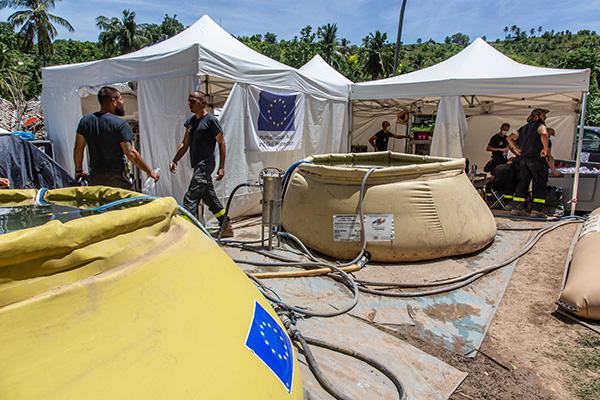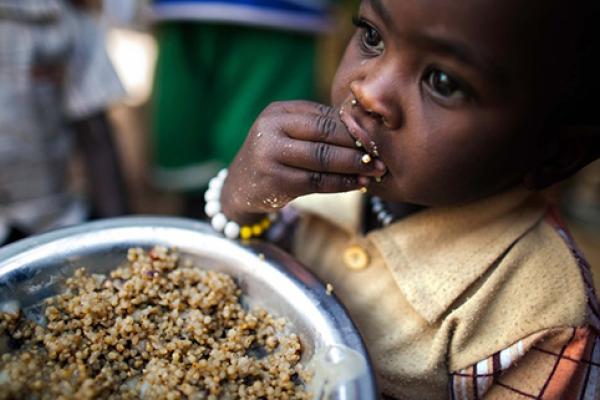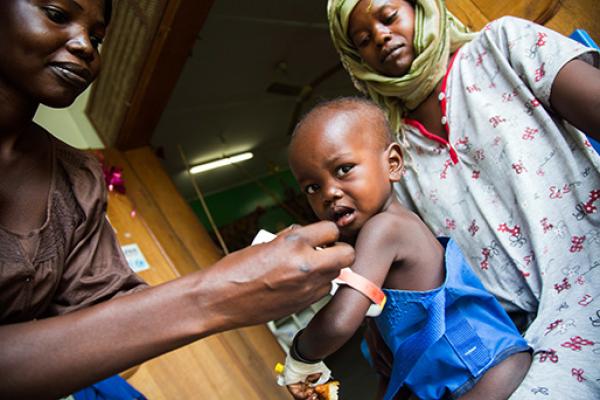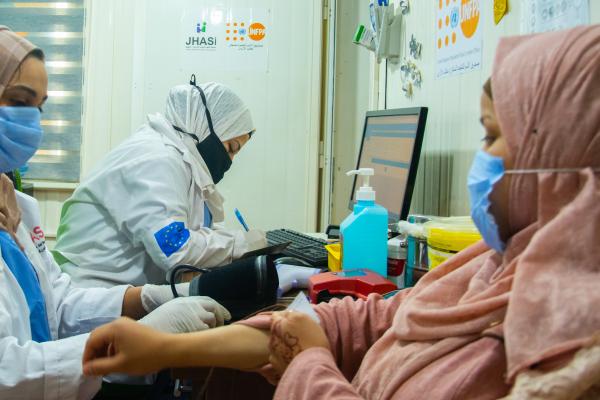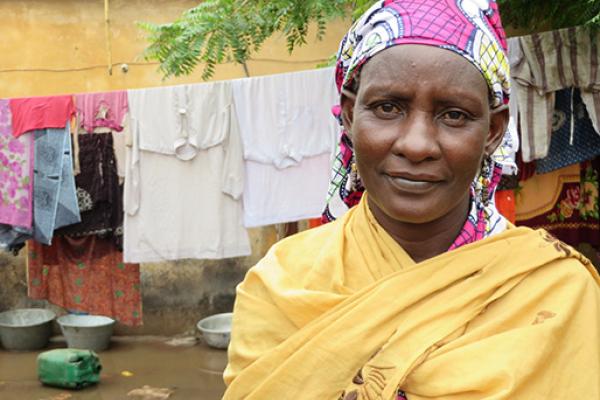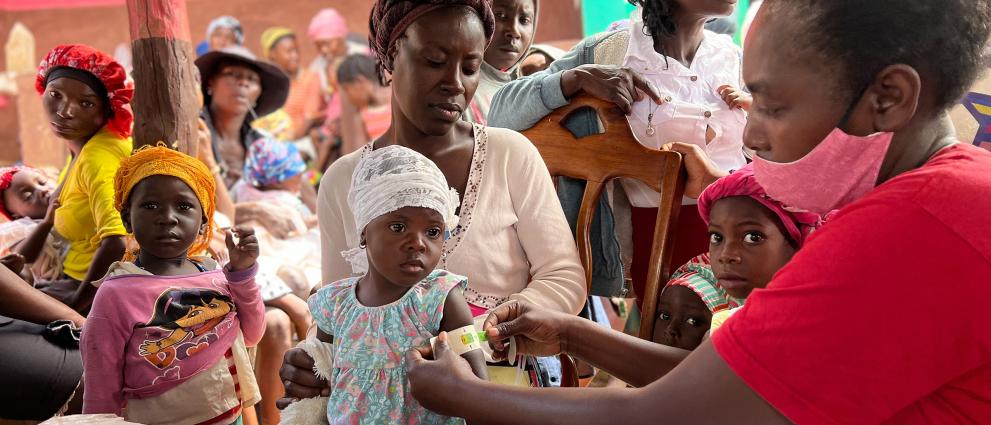
Today, the EU announced the release of an emergency funding of €10 million to respond to the unprecedented increase in humanitarian needs in Haiti. This brings the humanitarian funding committed for Haiti this year to €18.5 million.
People in Haiti face the consequences of overlapping crises fuelled by widespread violence, the ongoing economic collapse, and a cholera epidemic. The number of people in need of humanitarian assistance in Haiti has doubled over the past five years reaching 5.2 million, nearly half of the country's population.
In relation to the total population, the percentage of Haitians facing levels of emergency food insecurity is the second highest in the world.
The rapid worsening of the situation in Haiti has also induced a mass exodus and a spillover of the humanitarian crisis to other countries in the region.
The emergency funding released by the EU aims to enable humanitarian organisations to step up the response and tackle the most urgent needs, primarily focusing on food and nutrition.
The funding will also support healthcare, cash assistance, protection and logistics, in both rural and urban areas.
Commissioner for Crisis Management, Janez Lenarčič, said: "Hunger, widespread violence, disease outbreaks, disasters. When we ask ourselves how much suffering a human being can take, we should remember that people in Haiti are enduring all of this and much more. The EU has not forgotten them. While celebrating this fruitful partnership between the European Union and Latin America and the Caribbean, bringing relief to people in Haiti remains our utmost concern and priority in the region."
Background
The humanitarian crisis in Haiti is one of the most complex and acute worldwide, aggravated by a context of socio-political instability.
Natural hazards and disasters also regularly impact the country, worsening the situation and affecting the already scarce resources of the population.
Insecurity in Haiti has reached unprecedented levels, with at least 1.5 million people living in gang-controlled areas (approximately 10% of the country's population), deprived of freedom of movement and lacking access to food or safe water.
Children, the elderly and women are particularly exposed to abuse, exploitation, and violence, including sexual and gender-based violence.
The EU has been providing assistance to Haiti since 1994, with a humanitarian funding totalling over €482 million.
European humanitarian aid also supported the country in the aftermath of major crises and disasters including the 2021 and 2010 earthquakes, the flooding emergency in 2022, COVID-19 and the impact of Hurricane Matthew in 2017, among others.
Details
- Publication date
- 17 July 2023
- Author
- Directorate-General for European Civil Protection and Humanitarian Aid Operations (ECHO)

